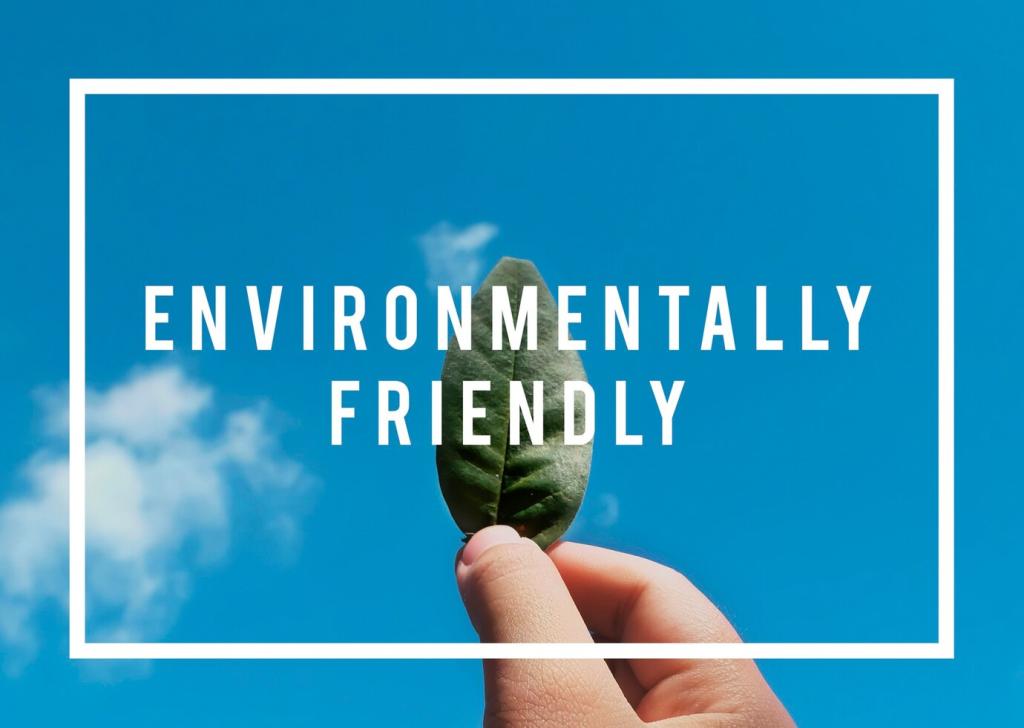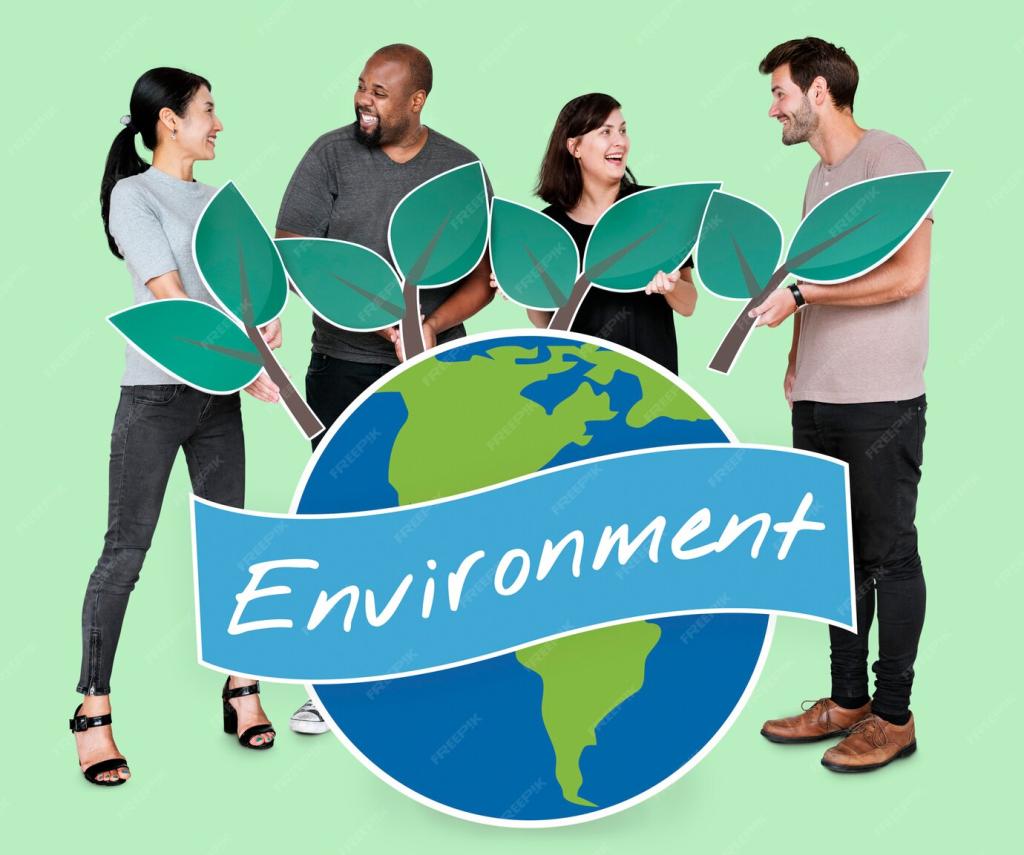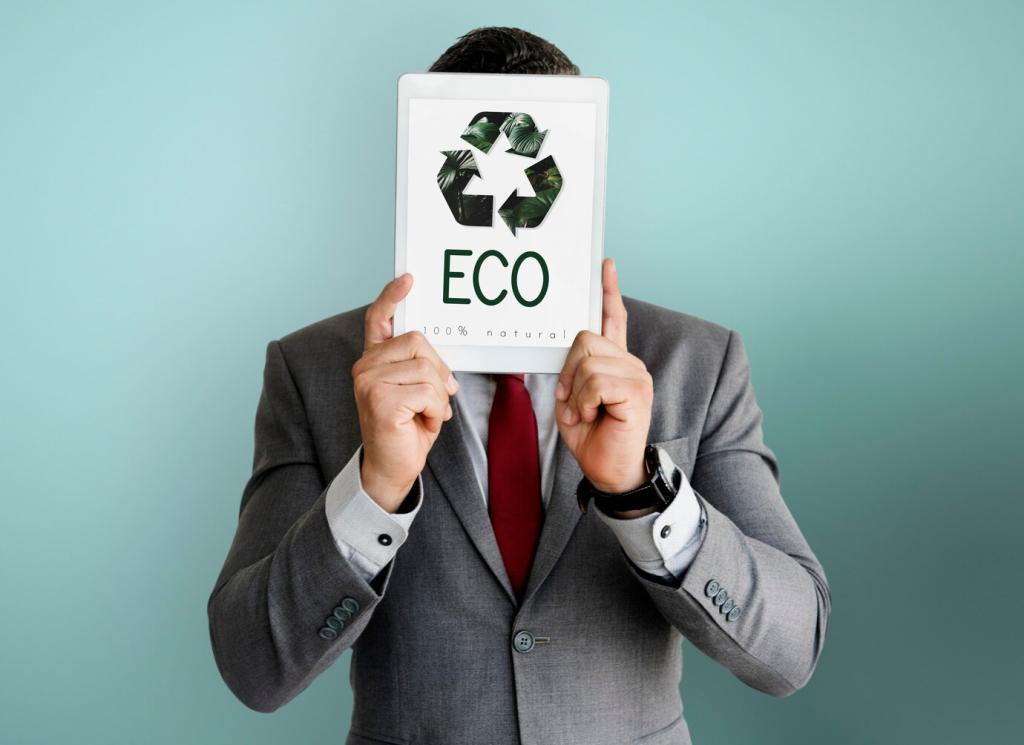Planning with a Low-Carbon Editorial Strategy
Write only what your audience truly needs. Consolidate overlapping topics, avoid redundant landing pages, and choose one clear action per piece. You will save bandwidth, time, review cycles, and mental energy while strengthening message clarity.
Planning with a Low-Carbon Editorial Strategy
Favor evergreen guides you can update over time instead of publishing duplicates. Plan refresh intervals, seasonal relevance checks, and structured updates. Invite readers to suggest outdated sections and celebrate revisions that keep pages lean and useful.






